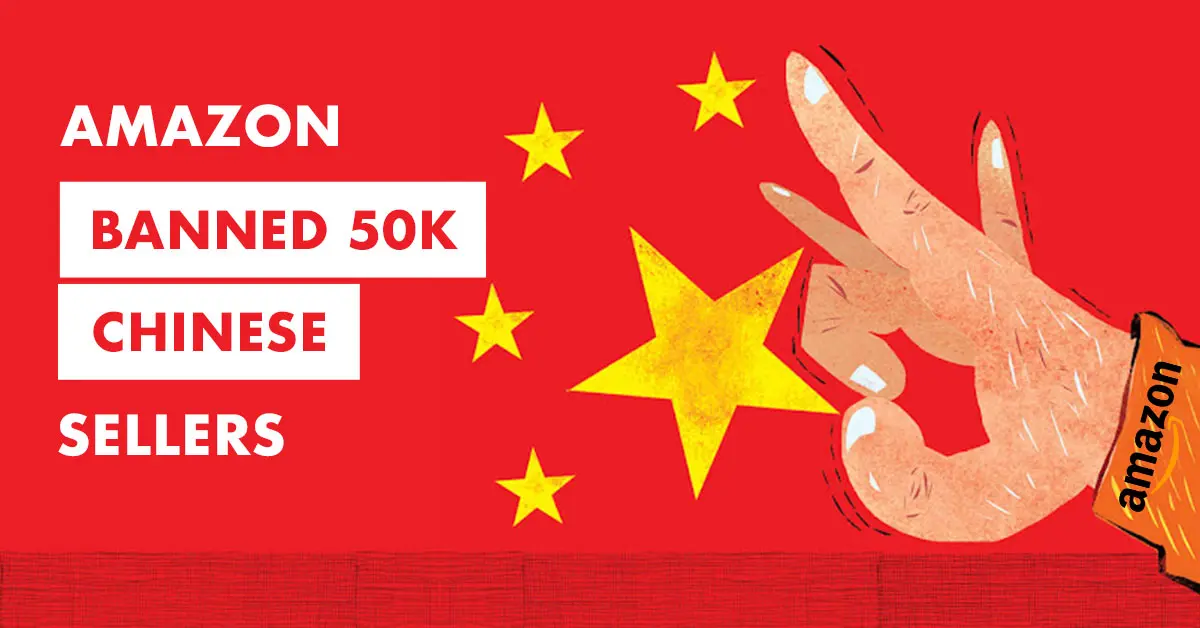Tariff escalation affects US-based Amazon sellers more than their competitors in China
The series of tariffs imposed by the United States on Chinese goods has impacted both US and China-based Amazon vendors, but US sellers are taking a bigger hit to their sales.
The gap has widened since the round of tariffs on Chinese goods announced in the summer of 2018 by the Trump administration, according to data from cross-border e-commerce analytics company SellerMotor.
According to SellerMotor’s data, US-based Amazon sellers have seen their year-over-year monthly sales decrease every month since November 2018. By March 2019, when a 25% tariff was placed on $250 billion in Chinese goods, Chinese vendors’ year-over-year sales grew by 61%, but U.S. sellers saw their sales decrease by 3%.
While many US-based Amazon sellers also get their supplies from China, Chinese sellers have better control over their supply chain and closer relationships with their suppliers (in some cases, even equity partnerships), allowing them more flexibility, SellerMotor COO Sibao Chen tells TechCrunch.
Chen adds that the way many Chinese e-commerce sellers organize their operations may also give them an edge over U.S. sellers.
“If there is an electronics company selling iPhone charging cables and also headsets, each of these product groups would probably have two to five people running the thing, like a mini-company, and they are organized, incentivized and almost completely independent within their group and given a lot of autonomy,” Chen says. “This is a very common form of organization within the Chinese retail and e-commerce industry and this is something we believe could have given them an edge in terms of the speed that they react to external impacts such as the tariffs.”
More Amazon news

Amazon continues to ban Chinese sellers
50000 Chinese seller accounts have disappeared from Amazon More than 50000 Chinese seller accounts have been banned on Amazon due to pay-for-praise and other policy violations In May Amazon shuttered some of its largest sellers from China over violations of platform...

New Amazon “FBA Liquidations” and “FBA Grade and Resell” programs
New Amazon FBA programs give unsold inventory new life Amazon has introduced “FBA Liquidations” and “FBA Grade and Resell” programs to help merchants resell customer-returned or overstocked items. Once fully implemented, the programs are expected to save more than 300...

5 main reasons shipping costs from China will continue to rise
Logistics problems with "Made in China" products Covid-19 pandemic has led to drastic inflation in shipping costs and delays for goods purchased from China. Let’s go through the main factors that cause this havoc: Severe congestion at largest US ports Online shopping...


